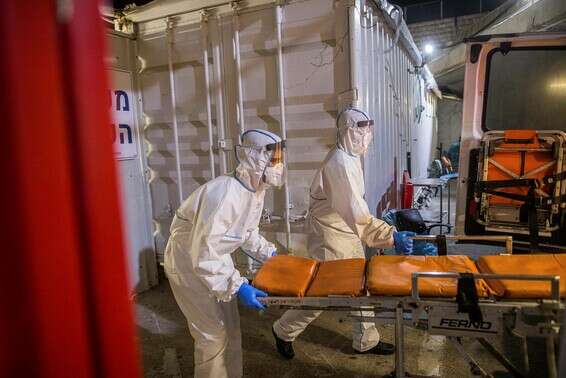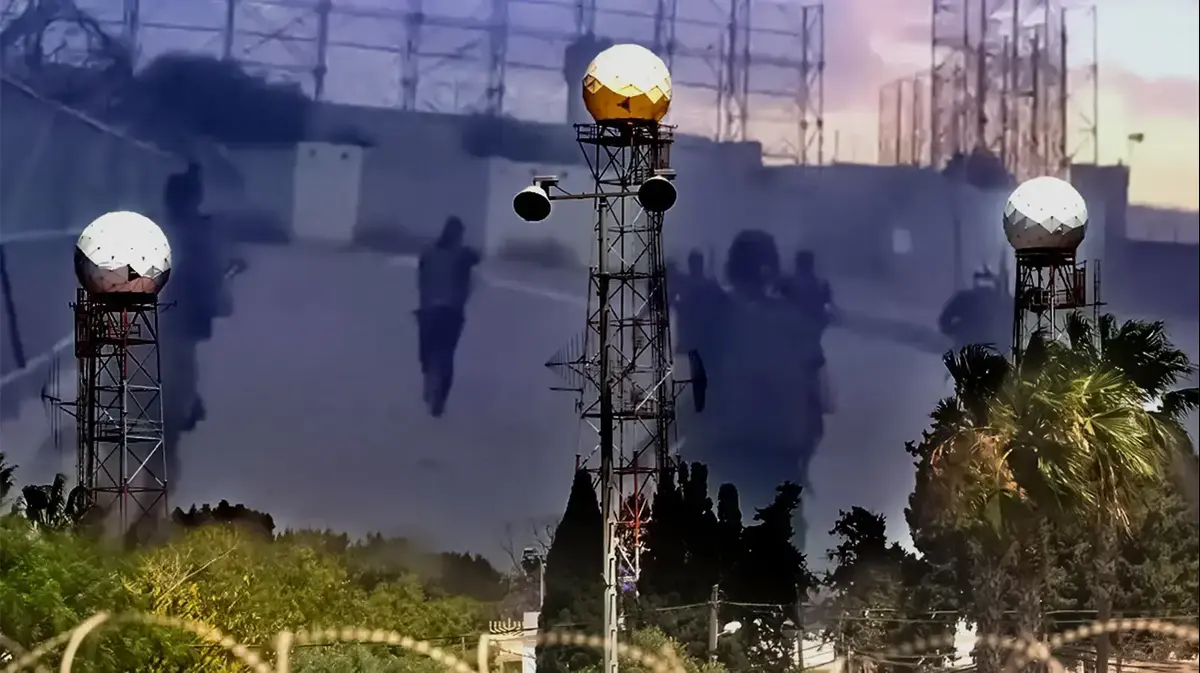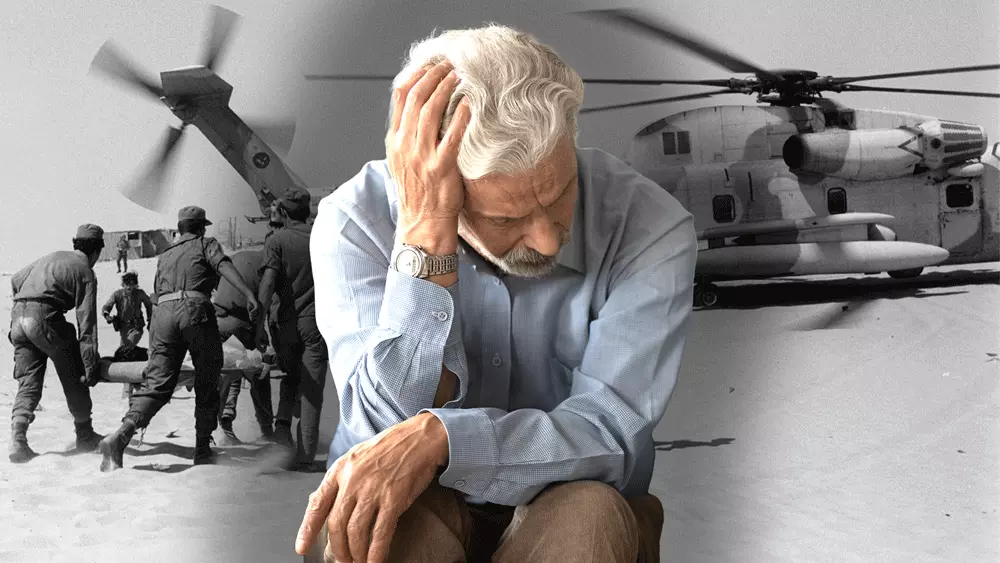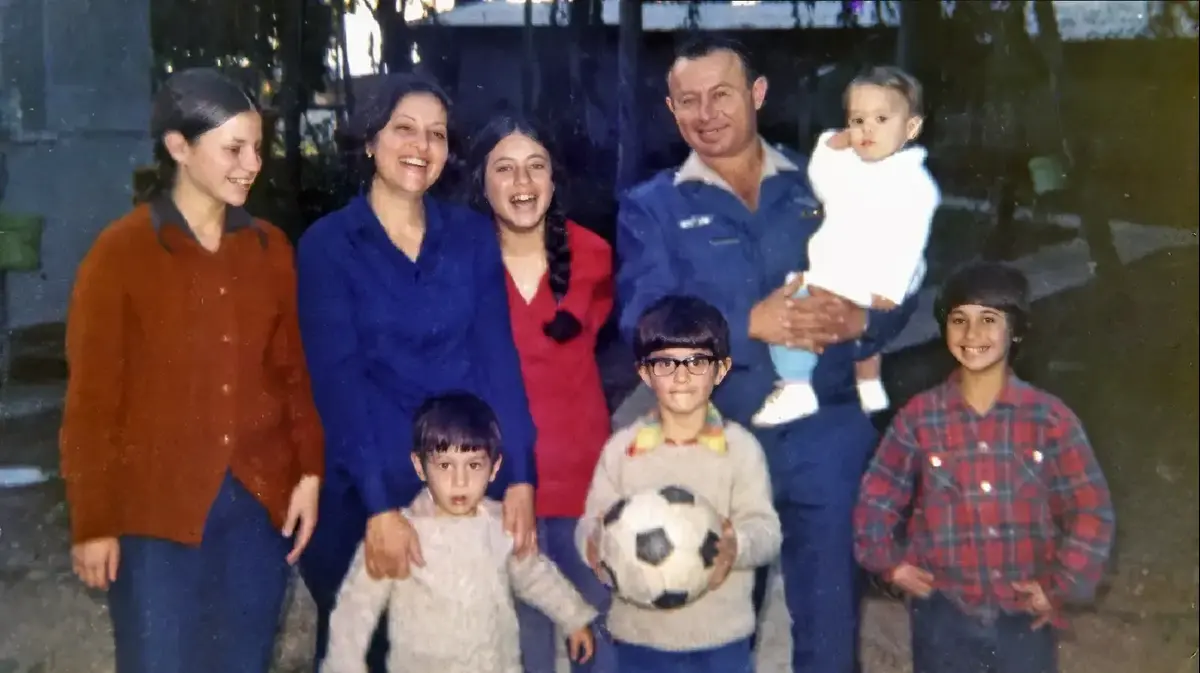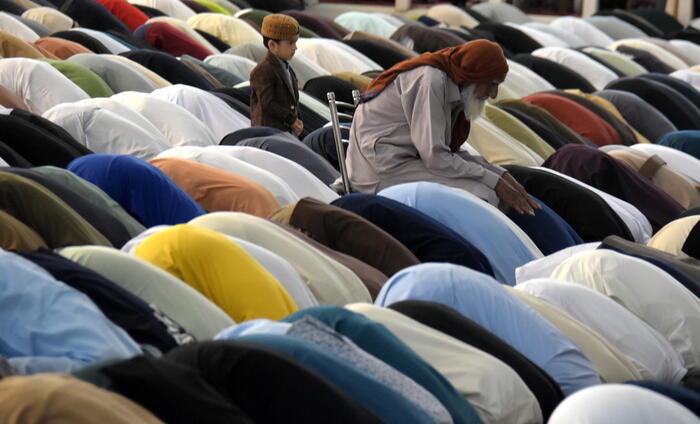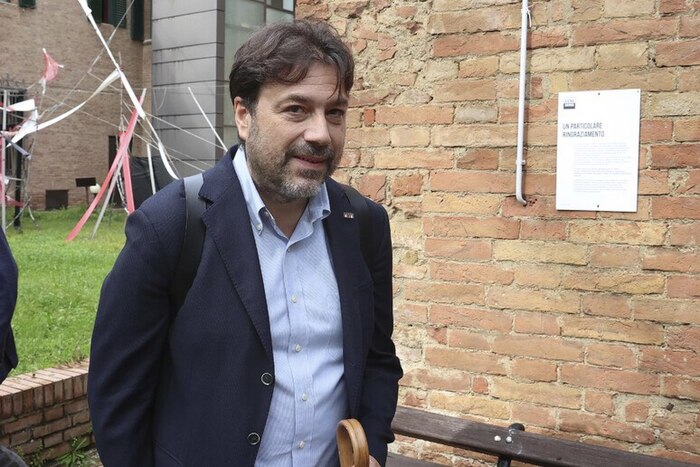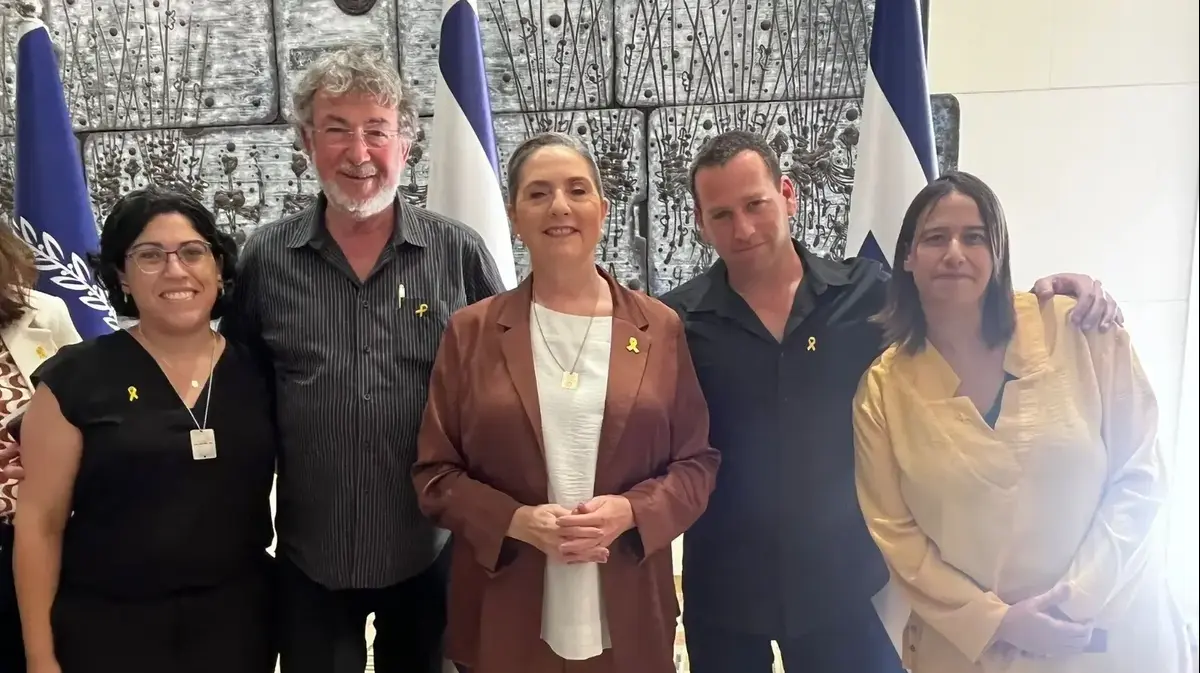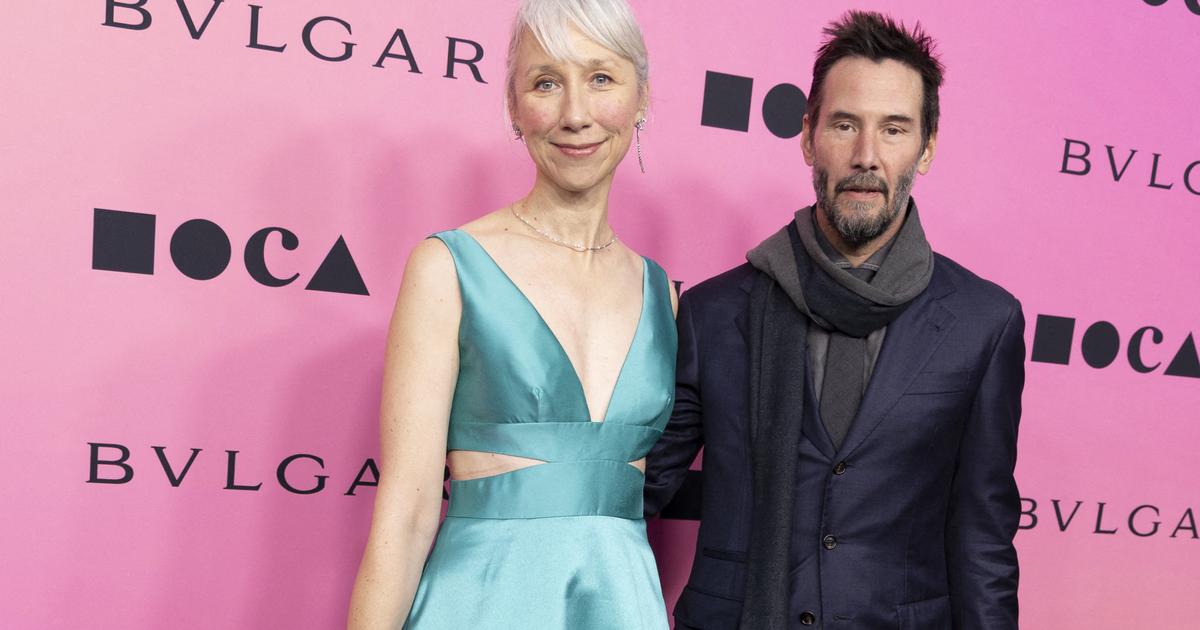The discussion of the question of "closure - yes or no" misses the meaning of dealing with the virus • We can emerge stronger from the crisis only if we understand the need for profound structural change • Opinion
In recent days I have been asked many times if we will be like Italy, if we are before the collapse and what will actually be after the closure.
From surveys we conduct at Ben-Gurion University and also from surveys conducted by the Central Bureau of Statistics, the public seems to be confused, losing confidence and feeling anxious about the future.
Even in the various groups, both professional and social, there is an acute sense of loss of way and loss of trust.
This is a circular loss of confidence, unfortunately.
Prime Minister Netanyahu on the need to tighten restrictions
The public seems to have lost confidence in the government - due to inconsistency in guidelines and decision-making, although the professional echelons present their position after consideration and consultation - and the government has lost public confidence.
I have no other way of explaining the desire to aggravate the closure when we have not yet exhausted the approved measures, and in fact it seems that the aggravation is mainly due to a lack of trust that the public will obey.
The fruitless discussion in my eyes in comparison between prayers and demonstrations, hides other essential questions: what are the measures to get out of the situation, what is the purpose of the steps taken and how to deal with the situation in a manner similar to marathon running and not short sprints of point discussions.
The corona virus will stay with us for a long time to come.
The long-awaited vaccine is not here yet, certainly not in the coming months, when we are about to enter the winter period.
All this, to emphasize that the discussion that focuses most of the time on "closure - yes or no", which in any case is not a solution but at best a short-term measure, misses the meaning of a confrontation that is more chronic.
After the closure, we would like to return to the traffic light program, which has many benefits: transferring the center of gravity to local authorities, while assisting in management by various parties and in an integrative manner.
The shift to a chronic conception of coping in health care, that is, of living with an ongoing condition that requires sustained coping, actually undermines the prevailing clinical conception also among the public of health and patients, a conception that is often black or white, healthy or sick.
This perception takes on special significance when it is not a chronic condition of individuals but a chronic condition of public health.
This perceptual turn raises many questions, such as: What is a healthy population?
Is it a population where the number of sick individuals is low or is it a population that manages to cope with a chronic state of health risks that cannot be eradicated?
What does the concept of health include - where are the mental and social aspects?
In this context, the corona crisis in my eyes heralds a change in our perception of health and the deep need for changes in the various systems, not just the health system.
For example, one can also think of the consequences of climate change as a chronic condition that requires a change in the definitions of health and illness, and requires coping within the framework of “living with”.
The consequences of climate change, from rising temperatures and the immediate impact on vulnerable populations to widespread ecological changes leading to crises in water, food and more.
All of these will have wider dimensions than the current crisis.
Resilience, then, should be not only at the individual level but also at the community level.
All this in my eyes requires a personal, community and public mental account.
The change in understanding the concept of health as a chronic condition, which requires a continuous and integrative investment, also carries a new meaning to the concept of life and health.
The question that arises is whether institutions that run our lives at the national and local levels, including in the field of public health, have the tools to enable us to deal with this paradigm shift.
We can emerge strengthened from this crisis only if we understand the need for profound structural change and a genuine commitment to change priorities.
Otherwise we will continue to be dragged from lock to lock.
Prof. Nadav Davidovich is the head of the School of Public Health at Ben-Gurion University of the Negev

